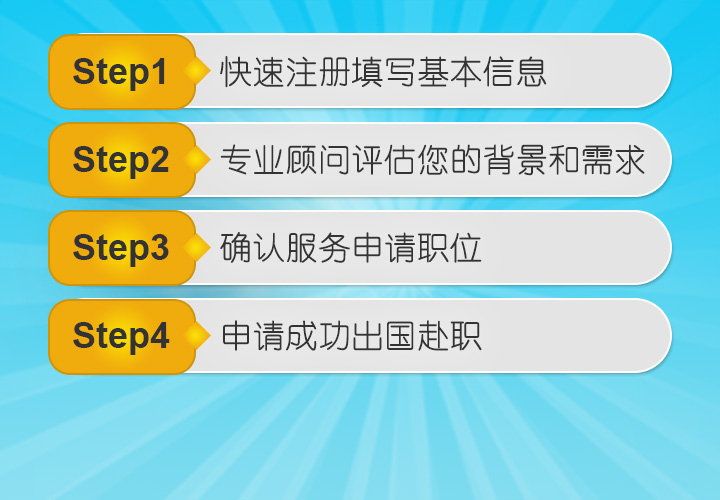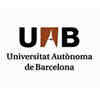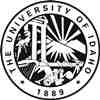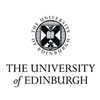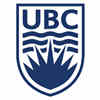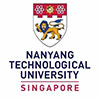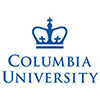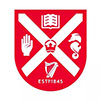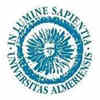美国加州大学旧金山分校博士后职位—肿瘤微环境
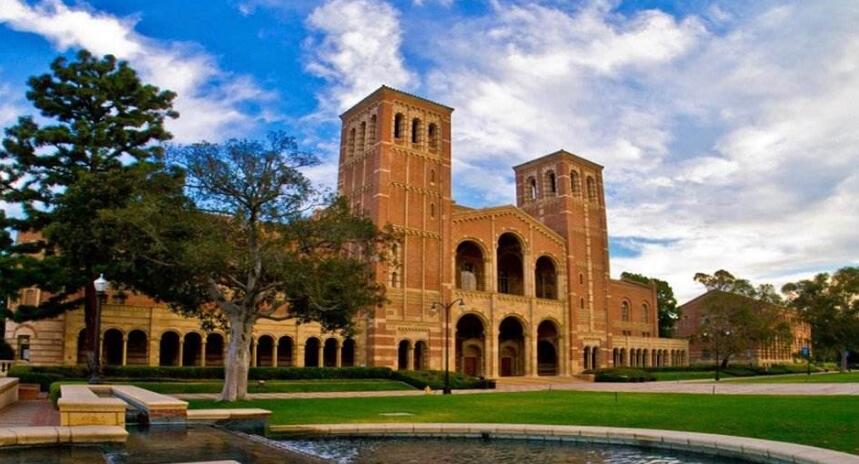
美国加州大学旧金山分校博士后职位—肿瘤微环境
postdoctoral fellow tumor microenvironment
University of California, San Francisco
Funded Postdoctoral Scientist positions in breast and pancreatic metastasis are available in the laboratory of Valerie Weaver https://weaverlab.ucsf.edu and https://cancer.ucsf.edu. We are looking for motivated junior scientists who wish to study breast and pancreatic cancer metastasis and to participate in a dynamic research program that is composed of a vibrant interdisciplinary group of trainees. Trainees should have a basic understanding of cell and molecular biology and biochemistry and be familiar with executing fundamental cellular protocols including cell culture as well as some cell biology and biochemistry assays. While experience with mouse models is appreciated it is not mandatory although applicants should be prepared to conduct in vivo studies to complete the goals of their project. Although the lab applies engineering approaches for our work candidates need only demonstrate the desire to learn such techniques to be seriously considered for the team.
Weaver Group Research Overview: The Weaver laboratory views tumors as organs whose evolution is dictated by the tumor cell genotype and their dynamic interactions with the cellular and noncellular tissue stroma. The laboratory studies the role of the extracellular matrix stroma (ECM; the noncellular protein component of the stroma) in tumor development, progression and treatment response. The group explores how the fibrotic cancer ECM, which is stiffened, promotes tumor cell growth, survival and invasion and compromises anti-tumor immunity to regulate metastasis.
The lab uses classic cell and molecular biology approaches (gain of function, loss of function; biochemical assays, RNA Seq/ChIPseq, Single Cell Seq, CRSPR screening etc) in combination with quantitative assays and engineering strategies at the subcellular, cellular level and tissue level. We employ standard two and three dimensional (2D/3D) cell culture techniques including monolayer culture and cell spheroids and patient derived organids in combination with ECMs with tuned biochemical and mechanical composition and bioreactors to modify stiffness and compression loading in 2D and 3D. Physiological assessment is explored using a series of unique transgenic, syngeneic and xenograft mice to study mammary and pancreatic cancer. Clinical relevance is established using bioinformatics analysis and examination and manipulation of fresh and cultured human breast and pancreatic normal and tumor biopsies.
Job Description:
Recent lab findings indicate that a stiffened, fibrotic ECM increases levels of tumor cell exosomes. To explore these observations the lab was awarded long-term funding to study the impact tumor fibrosis on exosomes. The project will focus on exploring the impact of force-stimulated exosomes on cancer metastasis and immune modulation in breast and pancreatic cancer. We are looking for postdocs interested in participating in this work.
The lab determined that a fibrotic tumor alters the metabolic state of tumor cells (Tharp et al., Cell Metabolism 2021). Our studies indicate this altered metabolism influences the cellular glycocalyx (cell surface glycoproteins) which we showed previously promotes tumor metastasis (Paszek et al. Nature 2014; Woods et al., eLife 2017). We received funding to examine the role of metabolic adaptation and the glycocalyx in brain metastasis and are looking for postdocs interested in working on this project.
Salaries are competitive and depend upon experience. Interested applicants should send an email with the CV and a summary of their interest to: Valerie.weaver@ucsf.edu






